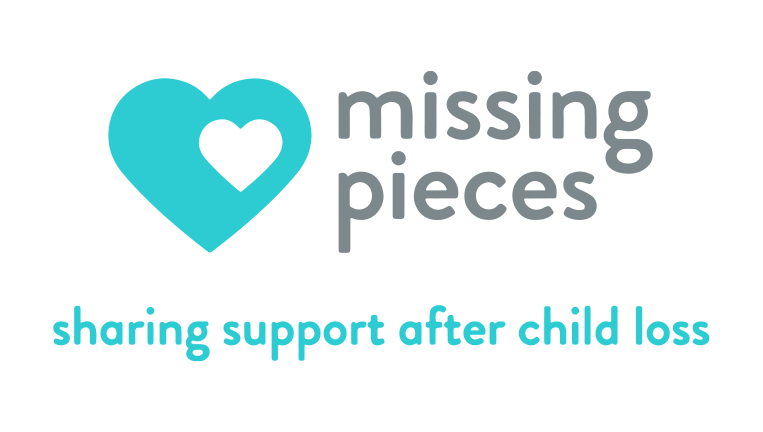
Siblings & Children
It can be very difficult to know how to support your children when you are struggling with your own grief. It can be overwhelming to know how to help them in the days, months, and years that follow. Just like adult grief, childhood grief is not a single event but a lifelong process. It encompasses emotional, cognitive, physical, functional, and behavioral reactions to the death.
After a sibling’s death, it is normal for adults to want to protect children from difficult experiences and information. Unaddressed grief, though, often leaves children feeling more isolated and alone, both in their family and from other children. Children often wonder if they did something to cause to cause the death, or if something similar could happen to them. Bereaved children are also at greater risk than their peers for mental health challenges and decline in school performance. Even though it is hard to think about talking with children about death and grief, they can benefit from knowing that it is okay to be sad, and that when difficult things happen, you will be there. As children grow, their understanding of what happened changes, and they may develop new questions; many parents say that it can be difficult to revisit the story repeatedly. It can be helpful to lean into family and friends to support you in supporting your children. Talk with your child’s school as well; teachers and educators can be a big support for your child and can be on the lookout for any changes in behavior.
Additional Information & Websites
Siblings & Children
Recommended Books
General Grief & Feelings Education
Ida, Always by Caron Levis
What Does Grief Feel Like? By Korie Leigh
General Loss & Memory Workbooks
Reactions: Workbook after traumatic loss
Teenagers
Teen Grief Relief: Parenting with Understanding, Support and Guidance
Teen Grief Relief: Parenting with Understanding, Support and Guidance
Grieving for the Sibling You Lost: Teen’s Guide to Coping with Grief & Finding Meaning After Loss
Perinatal Loss
Sibling Grief
Toolkits & Handouts
Taking to Children Toolkits
The National Alliance for Grieving Children has developed a Grief Talk Toolkit (link and screen shots below) to help navigate difficult conversations around death and support a healthier dialogue between adults and children.












